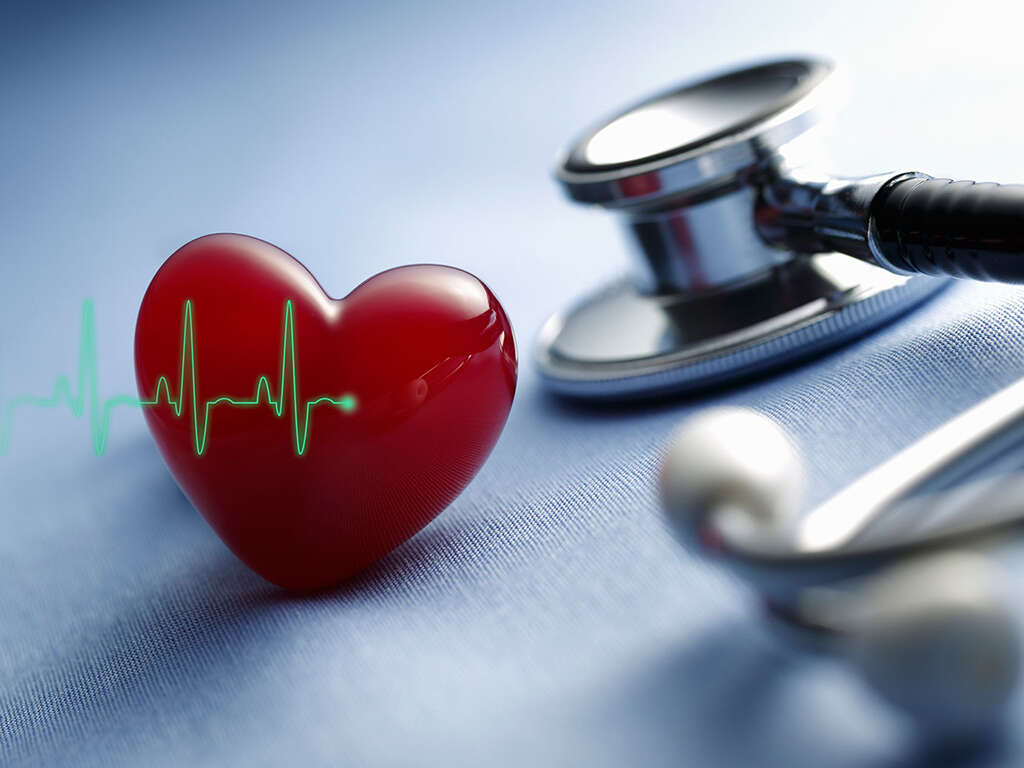10 Irregular Heartbeat Symptoms
 Article Sources
Article Sources
- 1. 'Heart arrhythmia.' _Mayo Clinic_, mayoclinic.org/diseases-conditions/heart-arrhythmia/symptoms-causes/syc-20350668
- 2. Jeffrey Luebbert, MD: 'That Seemingly Innocent Heart Flutter That You're Feeling, Is It Serious?' _Penn Medicine,_ June 1, 2016, pennmedicine.org/updates/blogs/heart-and-vascular-blog/2016/june/heart-flutters
- 3. Richard R. McCurdy, Jr., MD, FACC: 'Heart palpitations: When should you worry?' _Main Line Health_, January 23, 2018, mainlinehealth.org/blog/heart-palpitations-when-should-you-worry
- 4. 'Why Atrial Fibrillation (AF or AFib) Matters.' _American Heart Association_, heart.org/en/health-topics/atrial-fibrillation/why-atrial-fibrillation-af-or-afib-matters
- 5. William H. Blahd Jr., MD, FACEP; Adam Husney, MD; Kathleen Romito, MD: 'Dizziness: Lightheadedness and Vertigo.' _PeaceHealth_, February 26, 2020, https://www.peacehealth.org/medical-topics/id/dizzi
9. Syncope
Syncope is the medical term for loss of consciousness or fainting. The person is typically unconscious for a very short period. Both bradycardia and tachycardia can cause syncope, which results from insufficient blood flow to the brain.
Dizziness or lightheadedness often accompany fainting spells caused by an irregular heartbeat. With bouts of arrhythmia, the drop in blood pressure is often very severe and abrupt. This leads to the sudden loss of consciousness, and medical intervention should occur.
Advertisement











